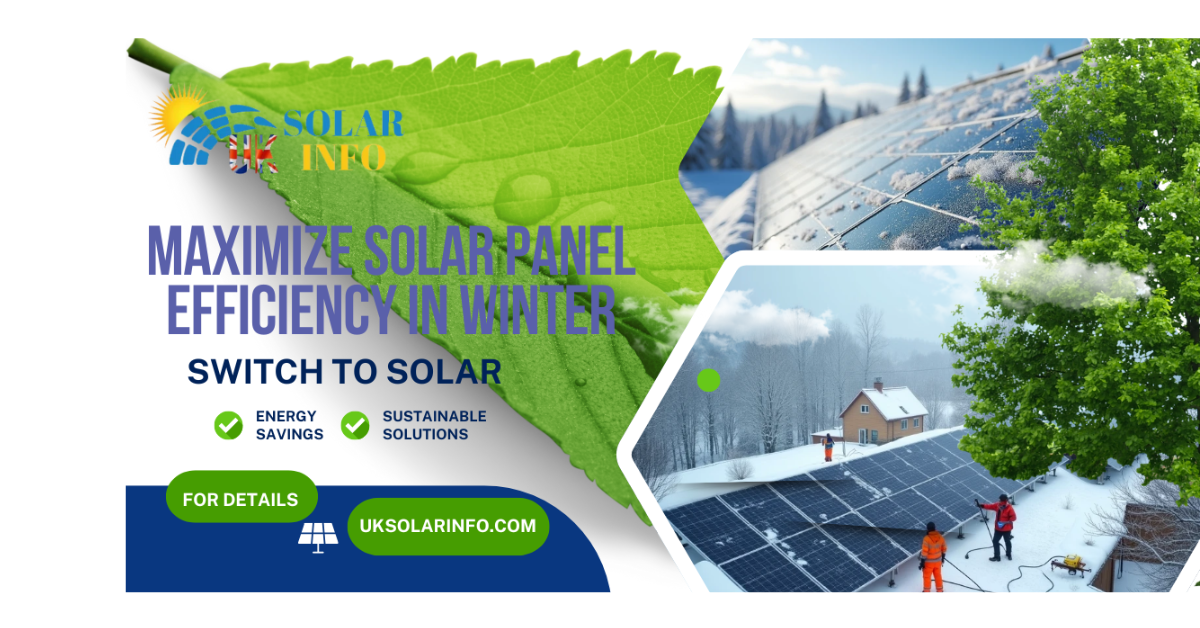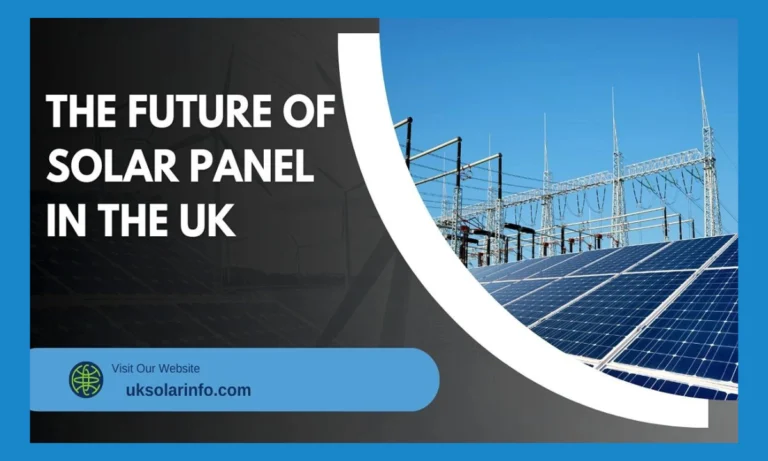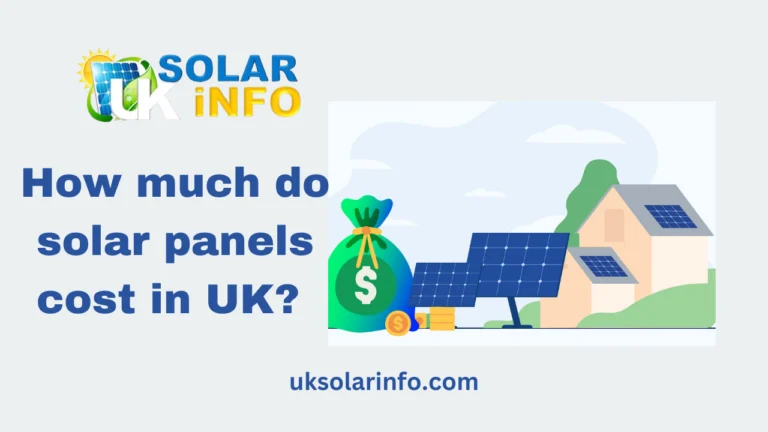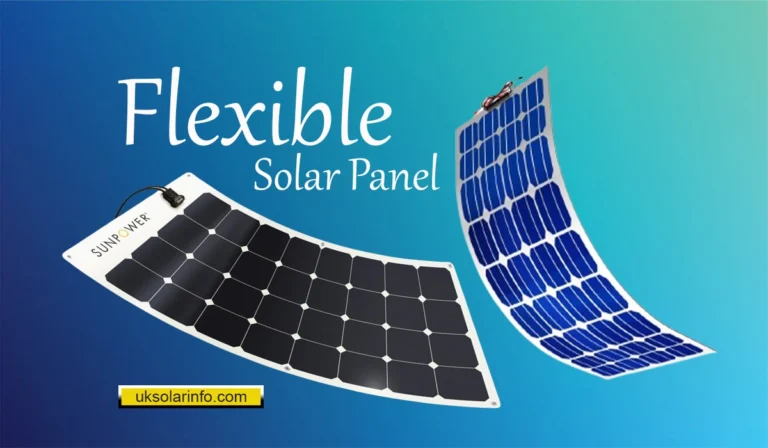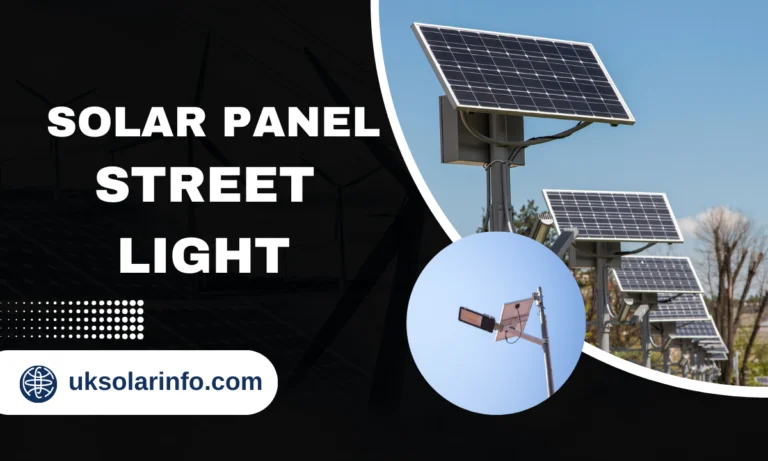Transform Your Solar Panel Efficiency and Crush Winter Energy Worries!
Winter season may pose a problem in relation to the operation of solar panels, as the days are shorter, clouds cover the sky more often, and it is snowing. However, some problems can easily arise with this system, but with regular maintenance and sometimes readjusting, your solar energy system will work as intended. Thus achieving panel tilt, sanitation together with employing quality equipment one can harness the maximum Solar Panel Efficiency regardless of the weather’s extremities during the winter.
Why Solar Panel Efficiency Drops in Winter
Photovoltaic systems utilize the energy from sunshine to produce electric energy. In winter the sun is actually on a lower setting, and there is less daylight. Furthermore, snow and ice may slide over the panels, thus preventing penetration of the sun or obstructing protean production. Though freezing conditions enhance the Solar Panel Efficiency, there is a lack of sunlight to complement this fact.
Comparison Table: Solar Panel Efficiency in Winter vs. Other Seasons
| Factor | Winter | Other Seasons |
|---|---|---|
| Sunlight Intensity | Sunlight is weak due to the sun’s lower angle. | Sunlight is stronger, providing higher energy production. |
| Daylight Hours | Shorter days reduce the time panels can generate electricity. | Longer daylight hours allow for extended energy production. |
| Snow and Ice | Snow, ice and dust can cover panels, blocking sunlight. | Panels are typically clear of snow and operate without obstruction. |
| Temperature | Cold temperatures improve panel efficiency but can’t offset reduced sunlight. | Warmer temperatures slightly lower efficiency but are balanced by more sunlight. |
| Weather Conditions | Overcast skies are common, reducing sunlight intensity further. | Clear skies are more frequent, allowing maximum sunlight absorption. |
| Cleaning and Maintenance | Requires more effort to remove Snow, ice and dust for optimal performance. | Minimal maintenance needed for dirt or debris removal. |
This comparison highlights why efficiency drops in winter and underscores the importance of proactive maintenance and adjustments.
Solar Panel Efficiency: Expert Advice On How To Get The Most Out Of Your Solar This Winter
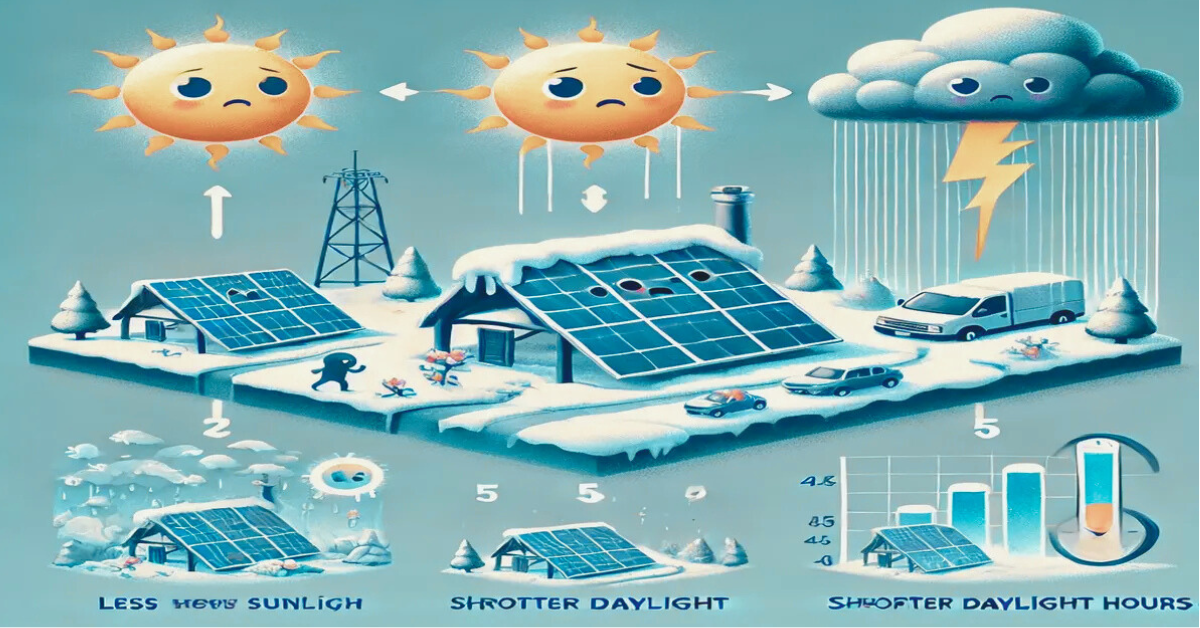
1. Maintain Clean Surface of Solar Panels
The snow must be removed gently so as not to harm the panels and a soft brush will be helpful to clean the panels. DO NOT use sharp instruments on the Panels or apply strong pressure this will increase Solar Panel Efficiency
2. Adjust the Panel Angle
It is advisable to alter the angle of the solar panel as it can greatly increase Solar Panel Efficiency and its performance during winter. The steeper the angle the less the chance of snow accumulating and the more direct sunlight for the lower angle of the sun. If your panels have adaptable stands, make sure that the cells are perpendicular to the ground at midday..
3. Install a Solar Tracker
A solar tracker allows your solar panels to rotate and stay aligned in the direction of the sun during the day. This technology was used to increase Solar Panel Efficiency of energy capture, particularly during winter when the intensity of sunlight is low. But it does require investment and the long-term payoff in energy production makes it more than a good idea.
4. Maintenance
This includes cleaning and washing solar panels to remove dust that can block sunlight and Solar Panel Efficiency. The cleaning should be made with warm water and meters mixed with a mild bleach. Regular checks help systems work better..
5. Use High-Quality Solar Panels
Those panels with high efficiency ranking or high technology using monocrystalline cells are more productive in winter. It allows continuous power generation with no regard for weather conditions that increases Solar Panel Efficiency and is usual in most overcast regions
6. Improve Energy Storage Systems
Storage of energy may be important during the winter especially due to short days. Allow your batteries to have a high capacity to store energy produced by your system during the day. This helps to provide for power especially at night and at the same time less reliance is made on the grid.
7. Remove Shading Obstacles
Make sure that no trees or buildings shade on your panels in any manner that reduces Solar Panel Efficiency. Prune trees or move obstacles that block as much light as possible from getting to your solar panels to increase Solar Panel Efficiency. Low levels of shading also affects the energy output and hence, solar panels require to be positioned in a way that will prevent any kind of shading at all.
8. Microinverters can be Applied for Improved Performance
Normal inverters work by converting power from several panels, but one shaded or snow laden panel influences the others. Microinverters work individually by each panel; thus, the energy produced is constant even if there are small barriers.
Read More : The Future of Solar Panel In The UK
Benefits of Maximizing Solar Panel Efficiency in Winter
These measures help to realize power, reducing reliance on auxiliary resources such as the grid and generators. It also increases the durability of solar photovoltaics in the long run and also increases the durability of solar panels as well. It is recommended to have your Solar Panels frequently checked by professionals in order to lessen the odds of their destruction, eventually allowing them to be productive for several years and increasing Solar Panel Efficiency.
Conclusion
The solar system performance does not have to drop during the winter time. This means that through adopting proactive maintenance routines, through allocating funds properly and through making the right modifications, you can ensure that your solar panels remain as efficient as possible. It is wise that we follow the above tips to optimize the efficiency of the solar energy system all the year round.

